Understanding How Diabetes Affects Blood Vessels
Diabetes can harm blood vessels, leading to complications due to high blood sugar levels. Hemoglobin A1c plays a crucial role in monitoring glucose control, with values above 6.5% indicating diabetes. Over time, high blood sugars can damage blood vessels, affecting blood flow and increasing the risk of blockages and complications. It is important to manage diabetes and maintain good blood flow for overall health.
Understanding How Diabetes Affects Blood Vessels
PowerPoint presentation about 'Understanding How Diabetes Affects Blood Vessels'. This presentation describes the topic on Diabetes can harm blood vessels, leading to complications due to high blood sugar levels. Hemoglobin A1c plays a crucial role in monitoring glucose control, with values above 6.5% indicating diabetes. Over time, high blood sugars can damage blood vessels, affecting blood flow and increasing the risk of blockages and complications. It is important to manage diabetes and maintain good blood flow for overall health.. Download this presentation absolutely free.
Presentation Transcript
Heart Health Part 1: How Diabetes Harms Blood Vessels
Every part of our body needs to have good blood flow Good Blood Flow
High Blood Sugar = Thicker Blood A1C = <5.7% A1C = >6.5%
Whats HbA1c? Hemoglobin A1c is a blood level that reflects a person s average glucose control over the last 3 months. Monitors how well you ve been controlling your blood glucose If HbA1c is higher than 6.5% = dx: diabetes The higher the A1c, the greater the risk of complications from thick blood
Many years of having high blood sugars will harm blood vessels.
Heartandstroke.ca says: Uncontrolled Diabetes makes it harder for our blood to flow.
Diabetes & Blood Flow High blood sugar causes our blood to be thicker, this leads to strain on the vein. Cholesterol forms plaque on the inside of vessels, making them narrow and blocked The small blood vessels experience damage first, then the larger vessels. The small vessels burst and scar and can t provide blood to the end places that need it
We are born with healthy blood vessels and good blood flow.
Age and some diseases makes it harder for our blood to flow. Good Blood Flow Poor Blood Flow Aging Blood Flow Diabetes High BP Cholesterol
Poor blood flow can lead to a blocked blood vessel Block
If a blood vessel gets blockedwhat happens? It depends on where the blockage happens.
Blocked blood flow to the Heart = Heart Attack
Blocked / blood flow to the leg= Slow Healing -Numbness, tingling, decreased sensation -Unable to heal -High risk for infection -Higher risk for amputation
Self-management: Diabetes What can you do to promote good blood flow? Cut your risk of heart attack and stroke in half by following the self-management steps. Don t smoke Be active everyday Eat a healthy diet Maintain a healthy body weight Stay connected to family and friends See your health care professional regularly Know your numbers: A1C, BP, Cholesterol Take your medication as directed
Medicine Wheel Management Spirit whatever your connection is, don t ignore it. All life is sacred Physical your body is your temple of your spirit Emotional stress or illness can alter blood sugars. How do you feel? Mental do you have strong emotions connected to certain foods? Smells? Behaviours? Insight helps positive change.
Summary High blood sugar first harms our blood vessels and then our organs. People with diabetes are at high risk for blood vessel problems that can lead to heart attack and stroke. Managing your diabetes will improve your life. Know your numbers: A1C; BP; Cholesterol




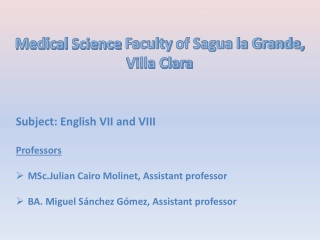
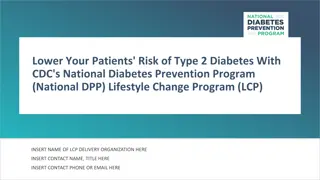
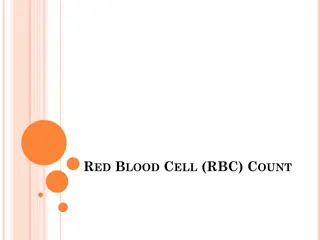

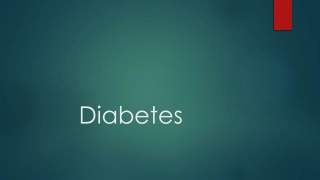

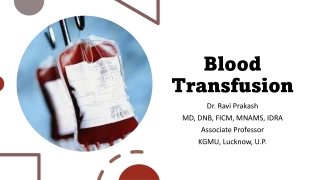



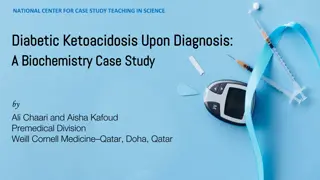
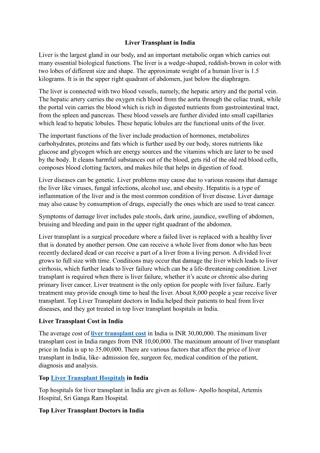
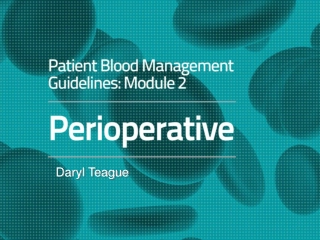
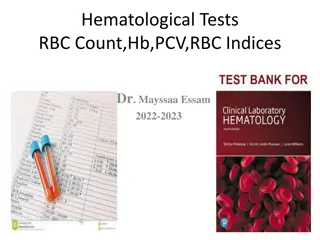
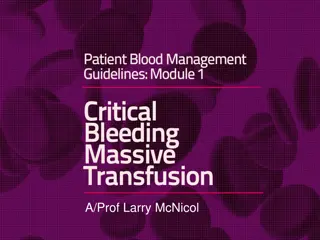
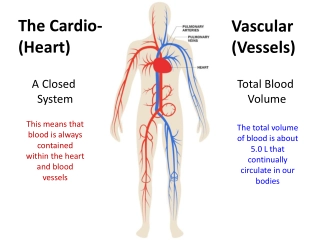
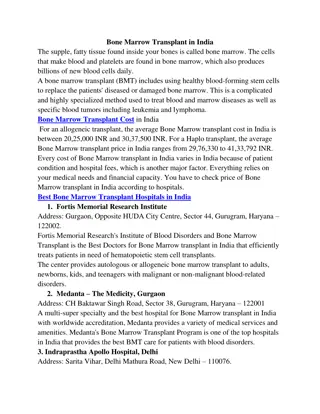






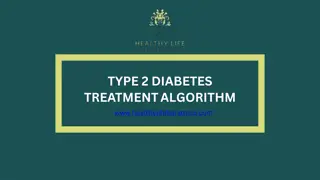
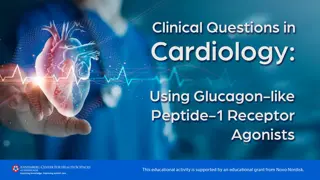
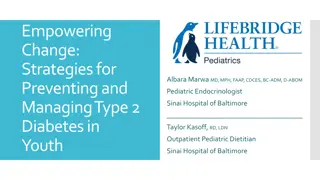

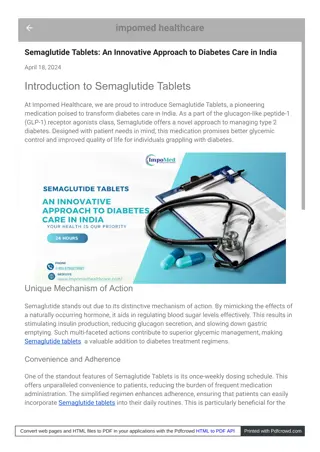
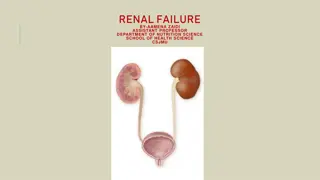

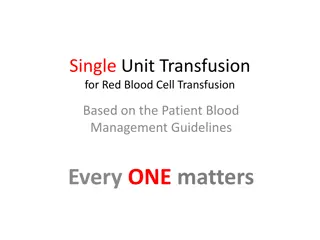





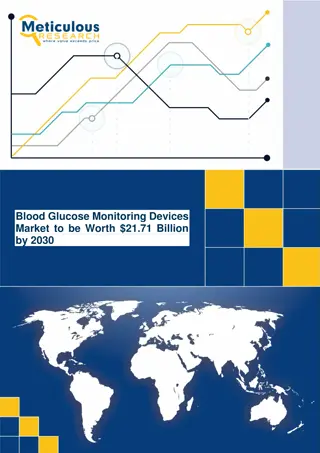

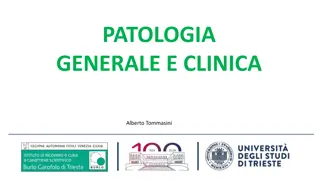
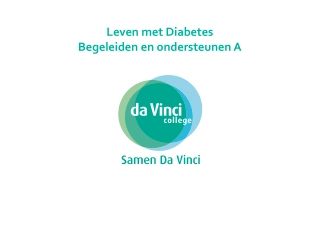

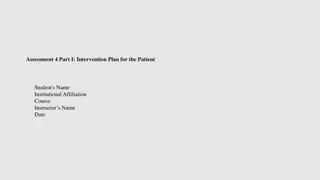
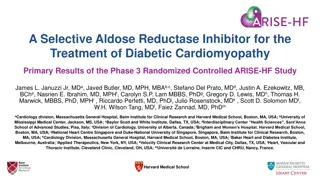
![READ [PDF] Dash diet Cookbook for beginners: 365 days of simple, healthy, low-s](/thumb/2057/read-pdf-dash-diet-cookbook-for-beginners-365-days-of-simple-healthy-low-s.jpg)
![Read⚡ebook✔[PDF] Blood of the Provinces: The Roman Auxila and the Making of Pro](/thumb/20539/read-ebook-pdf-blood-of-the-provinces-the-roman-auxila-and-the-making-of-pro.jpg)
